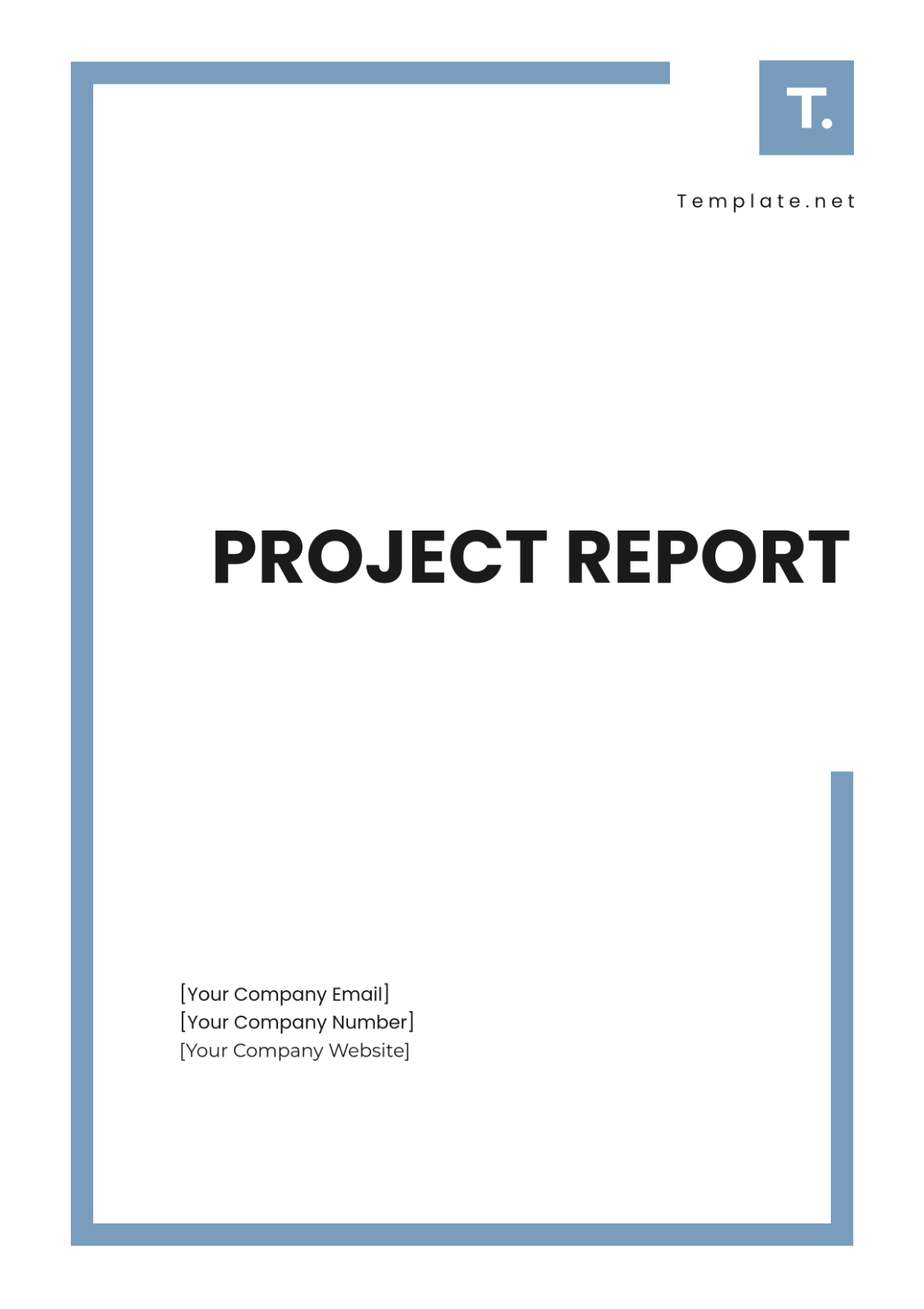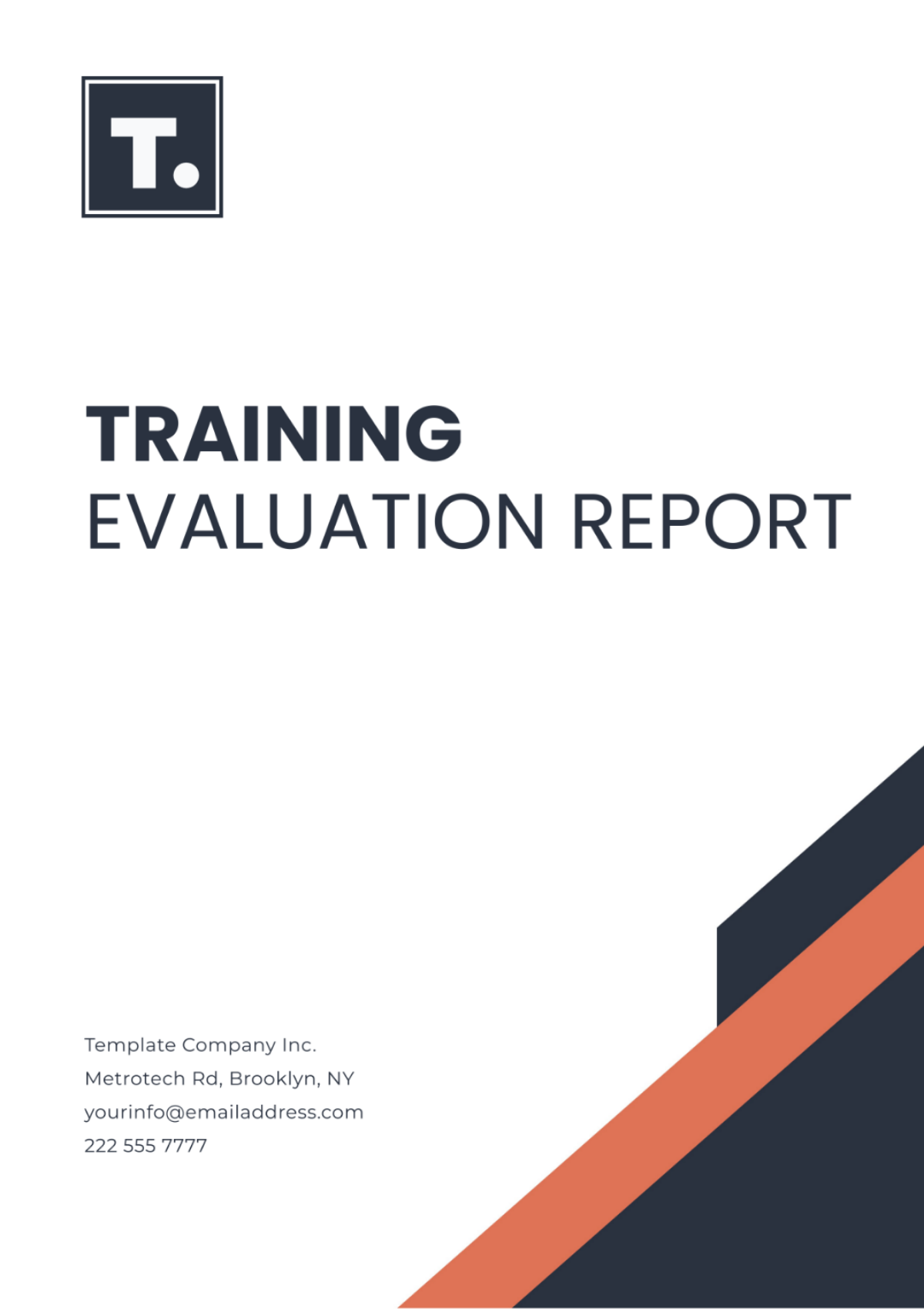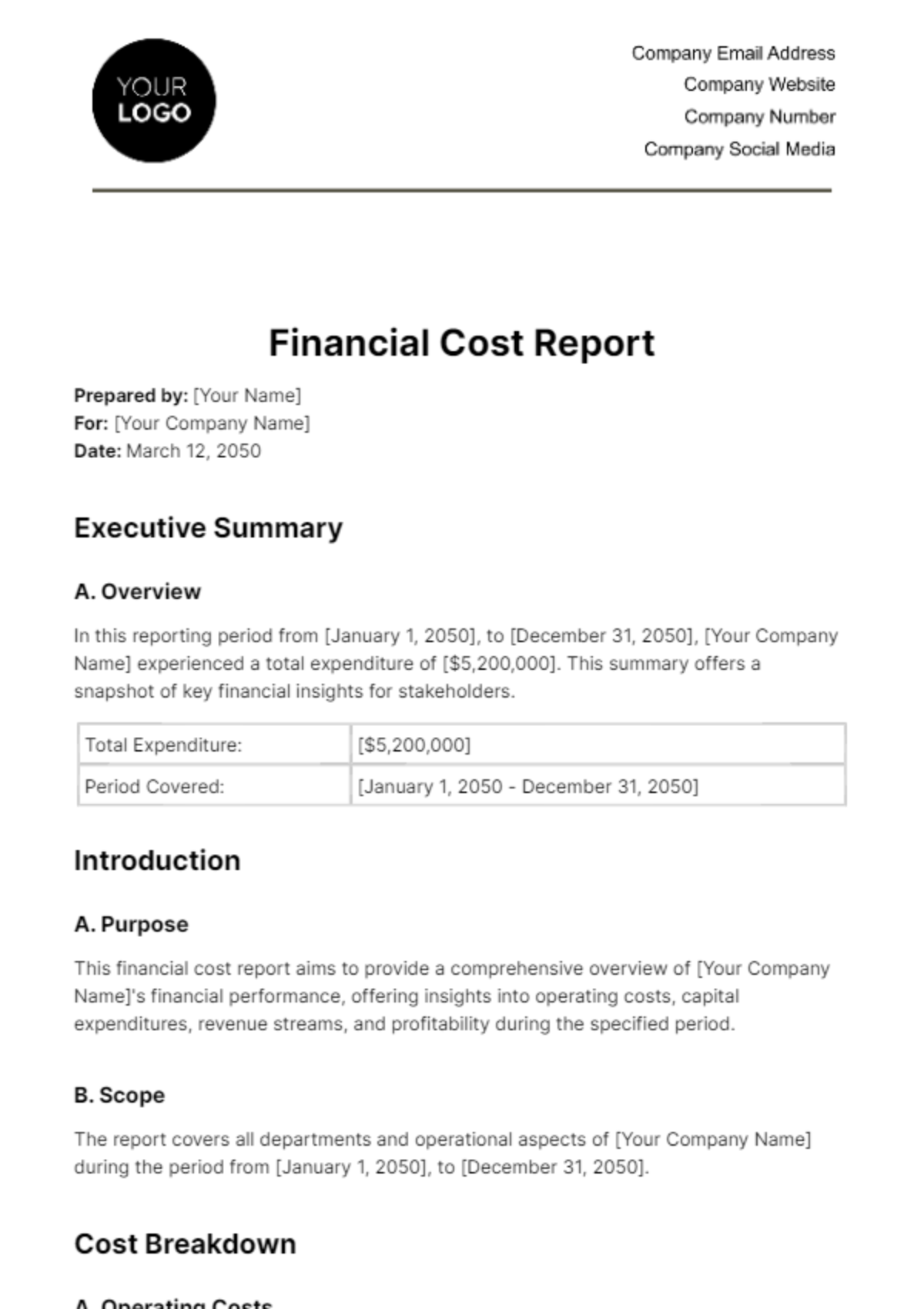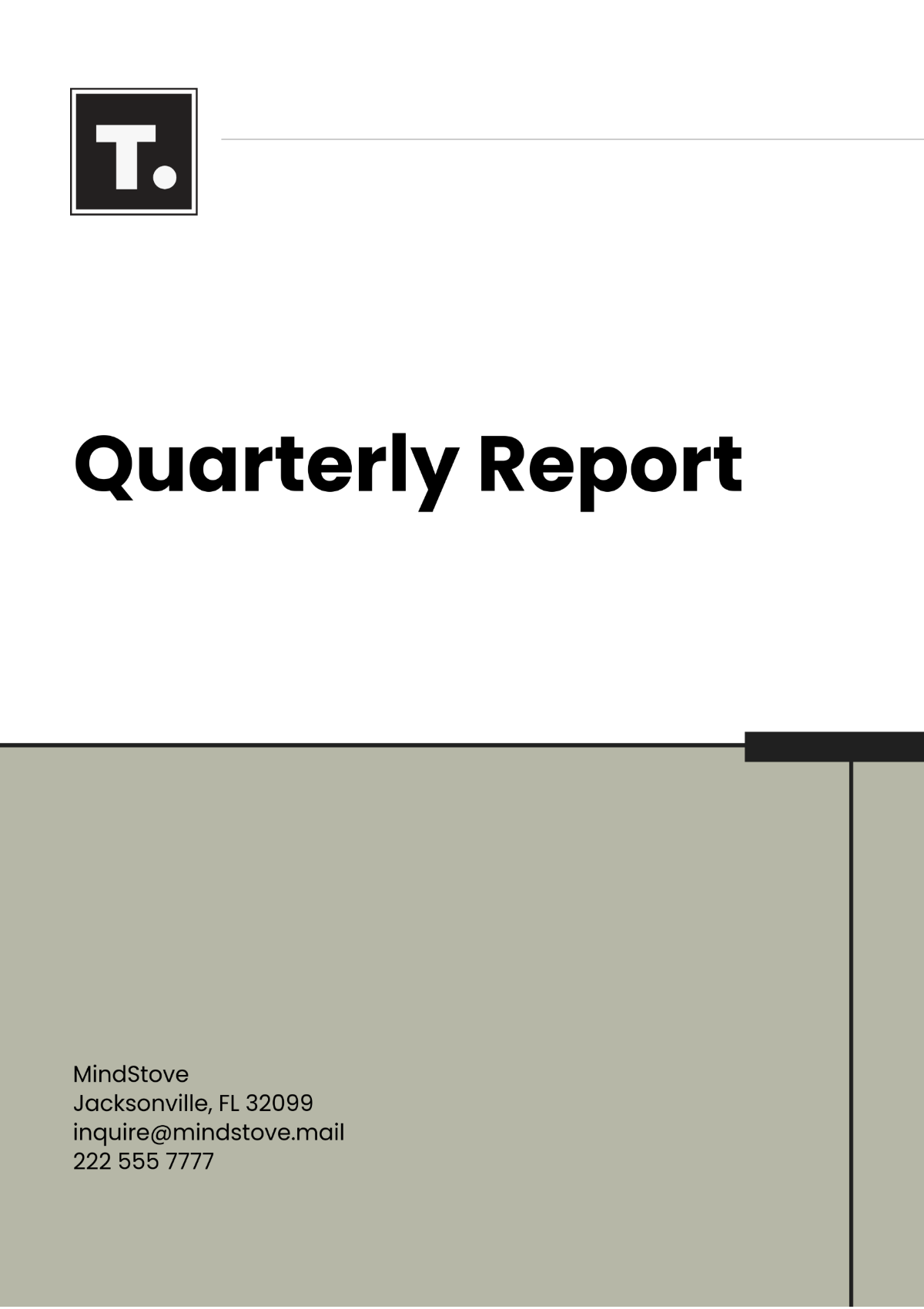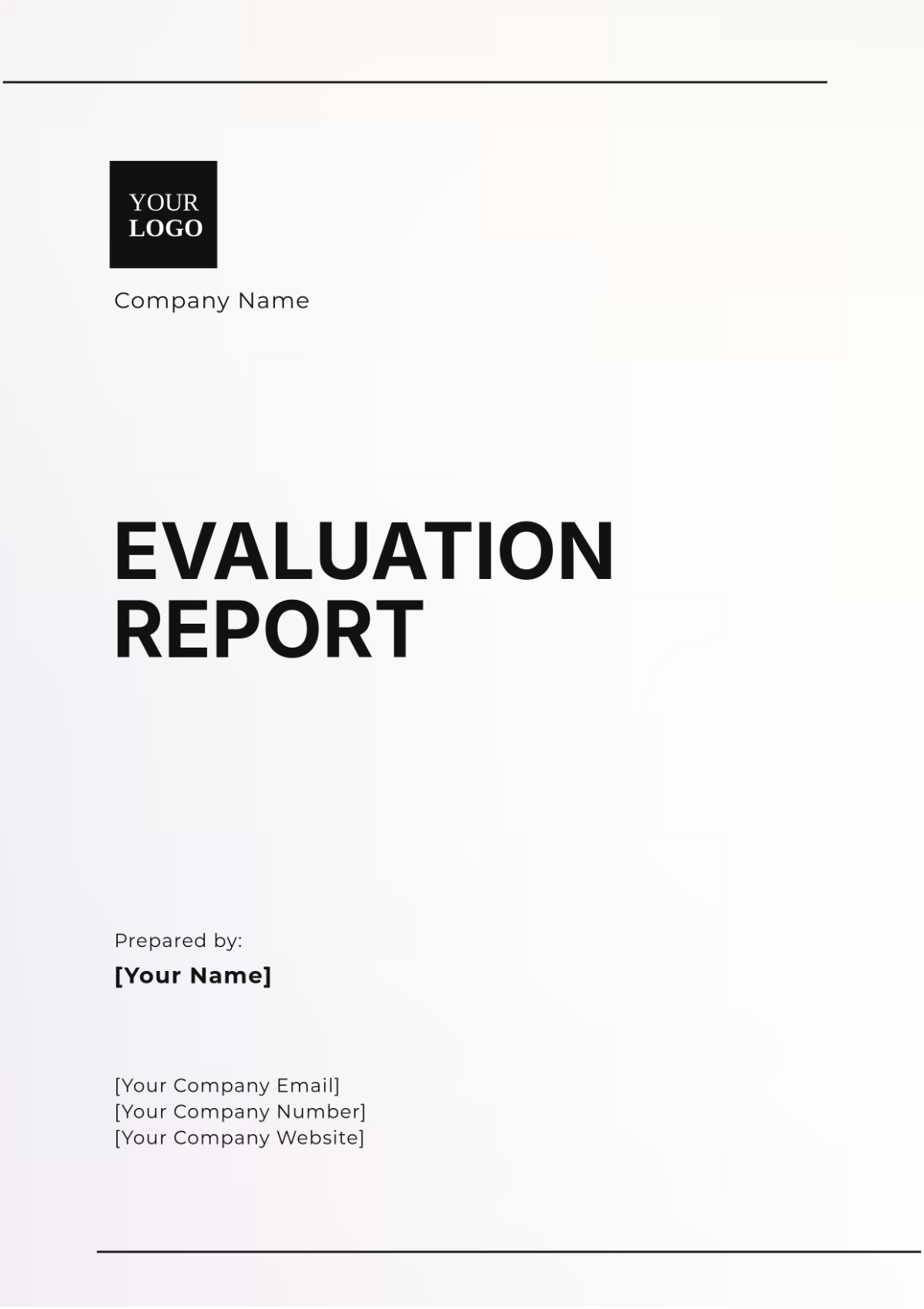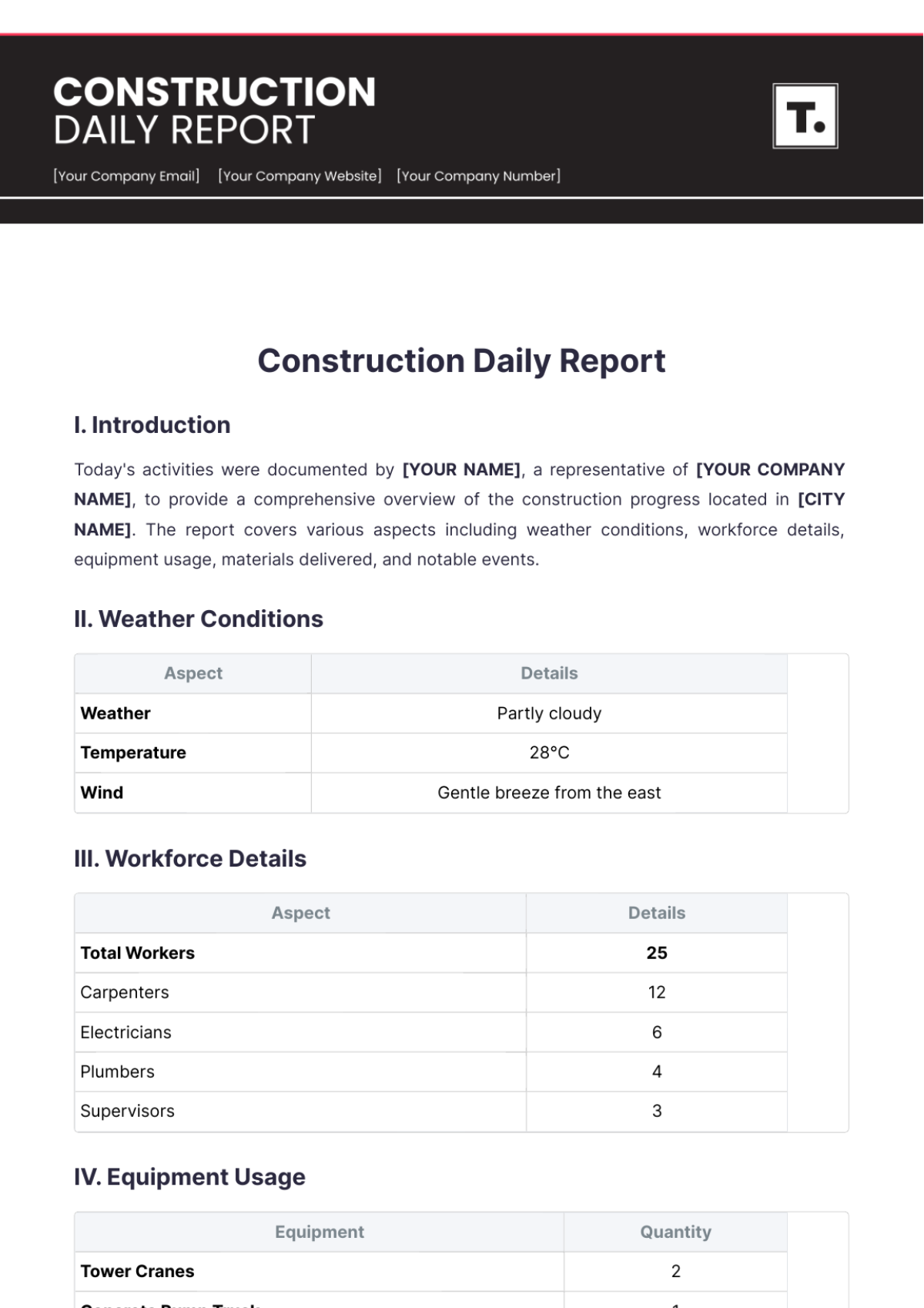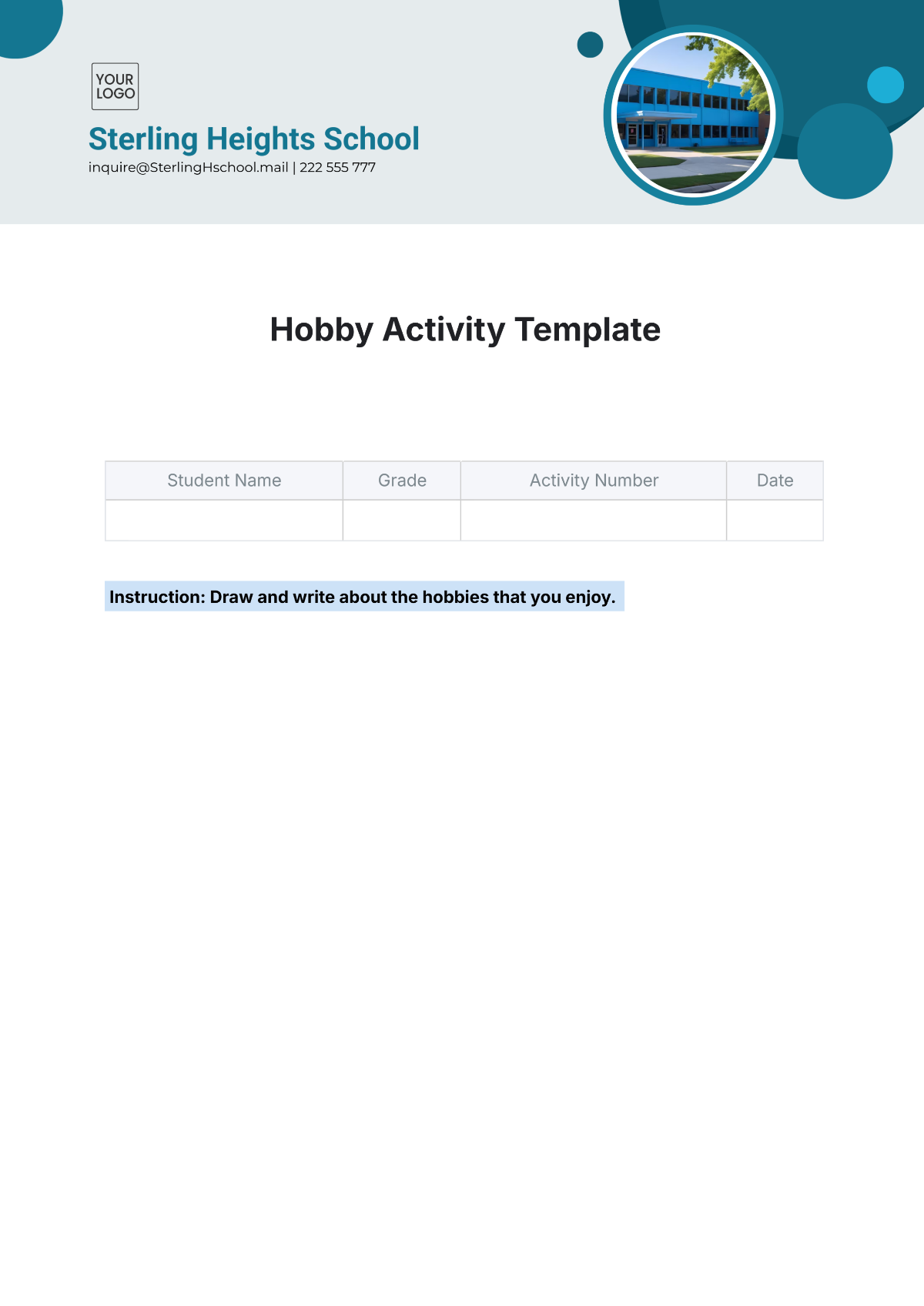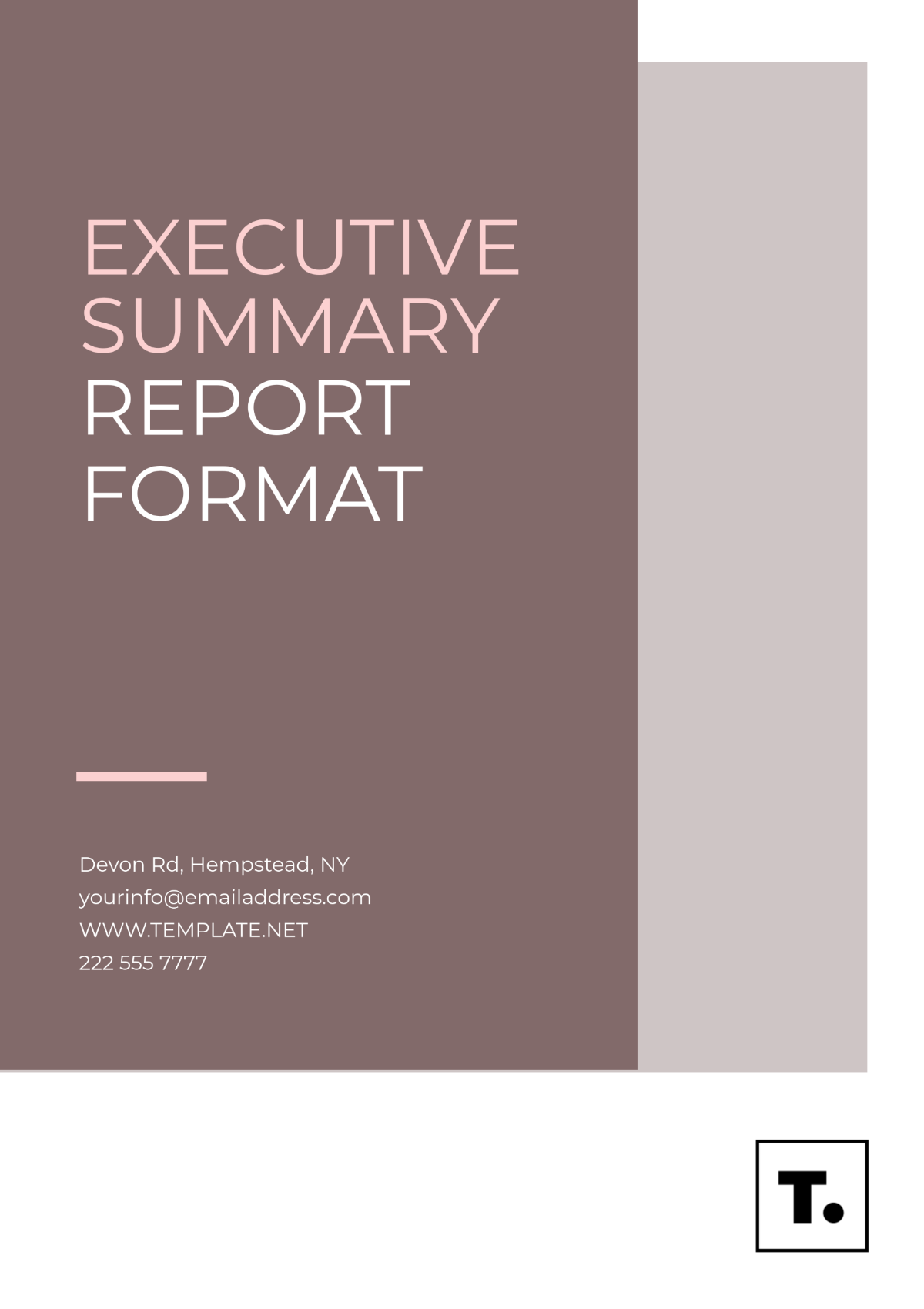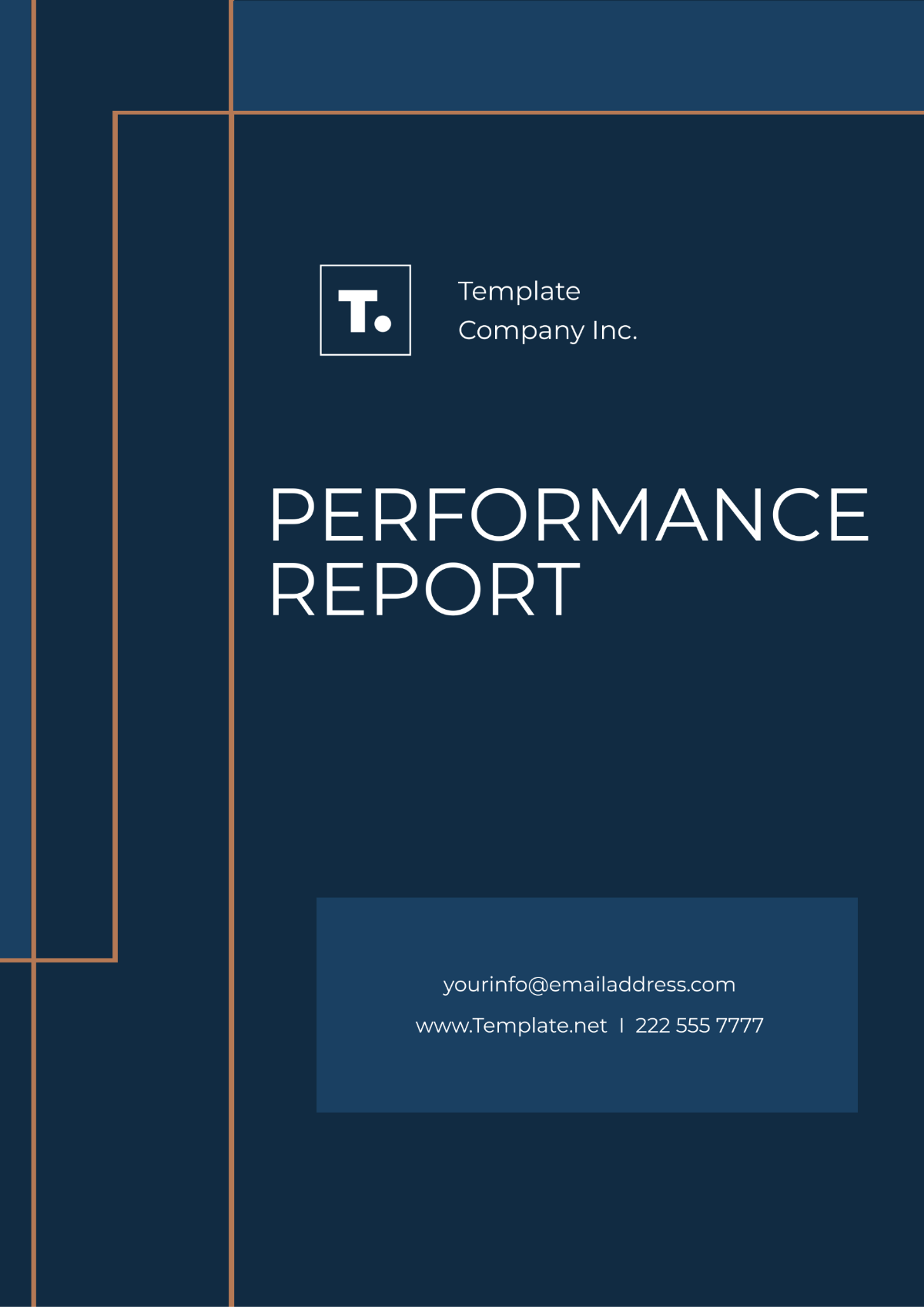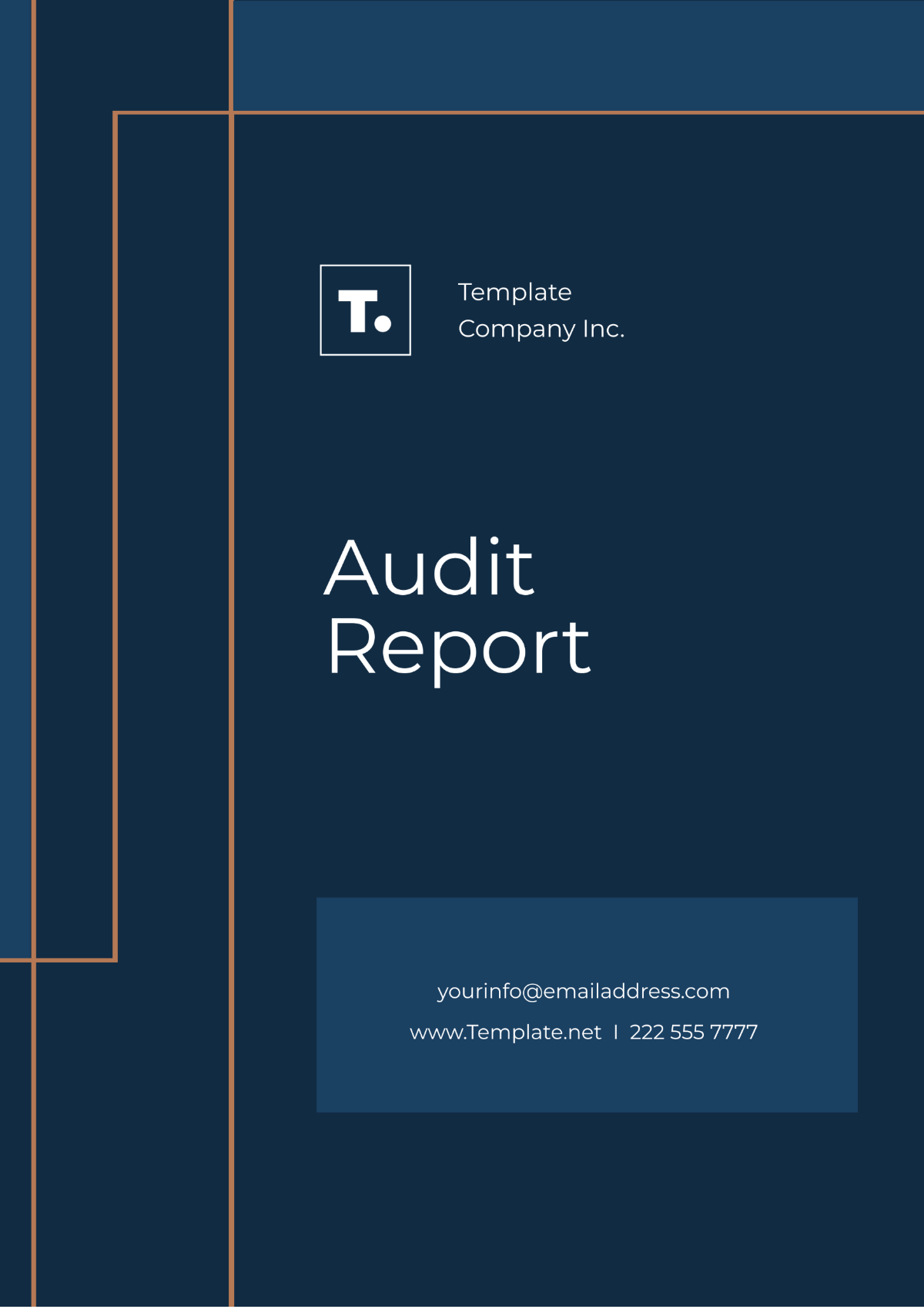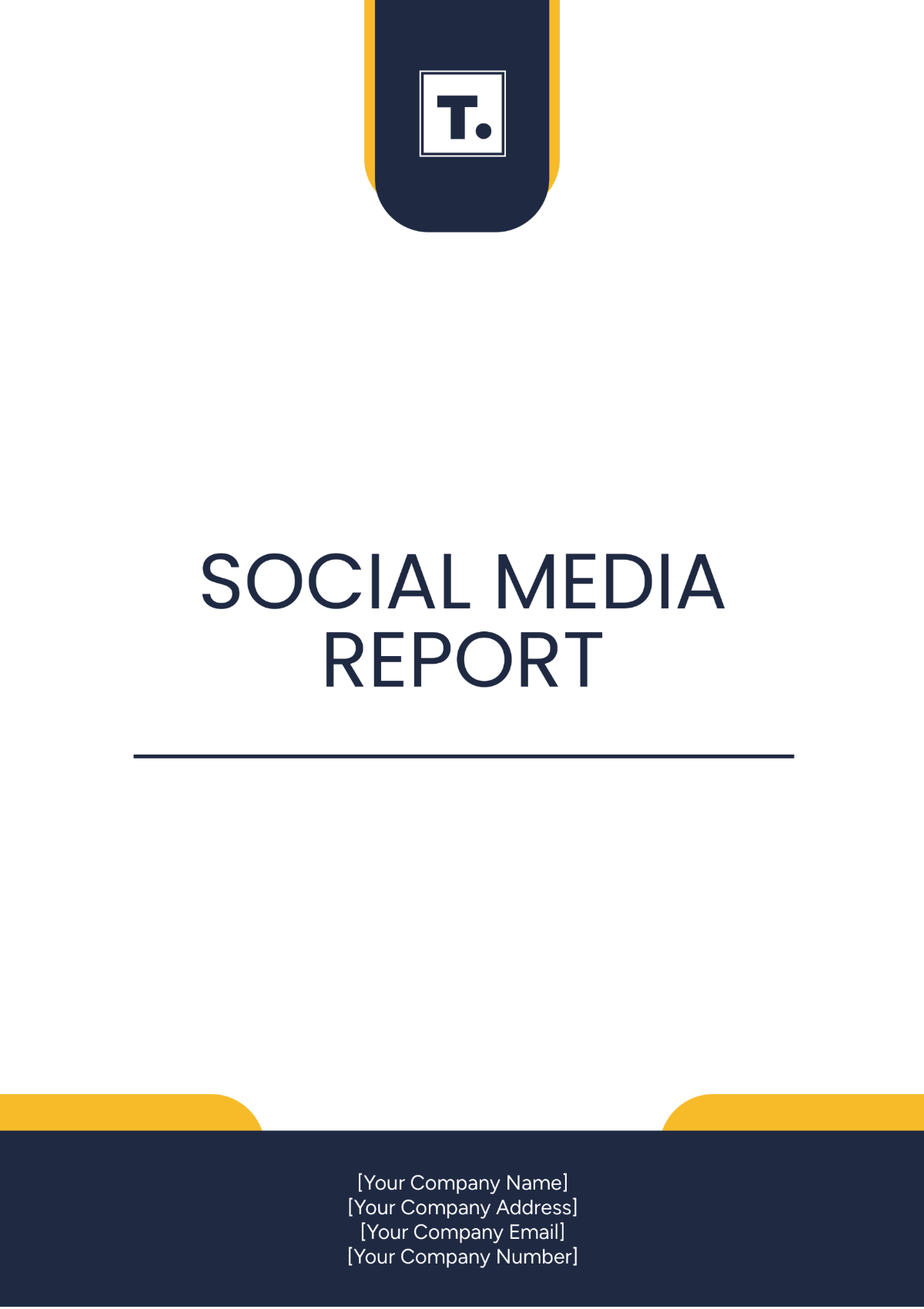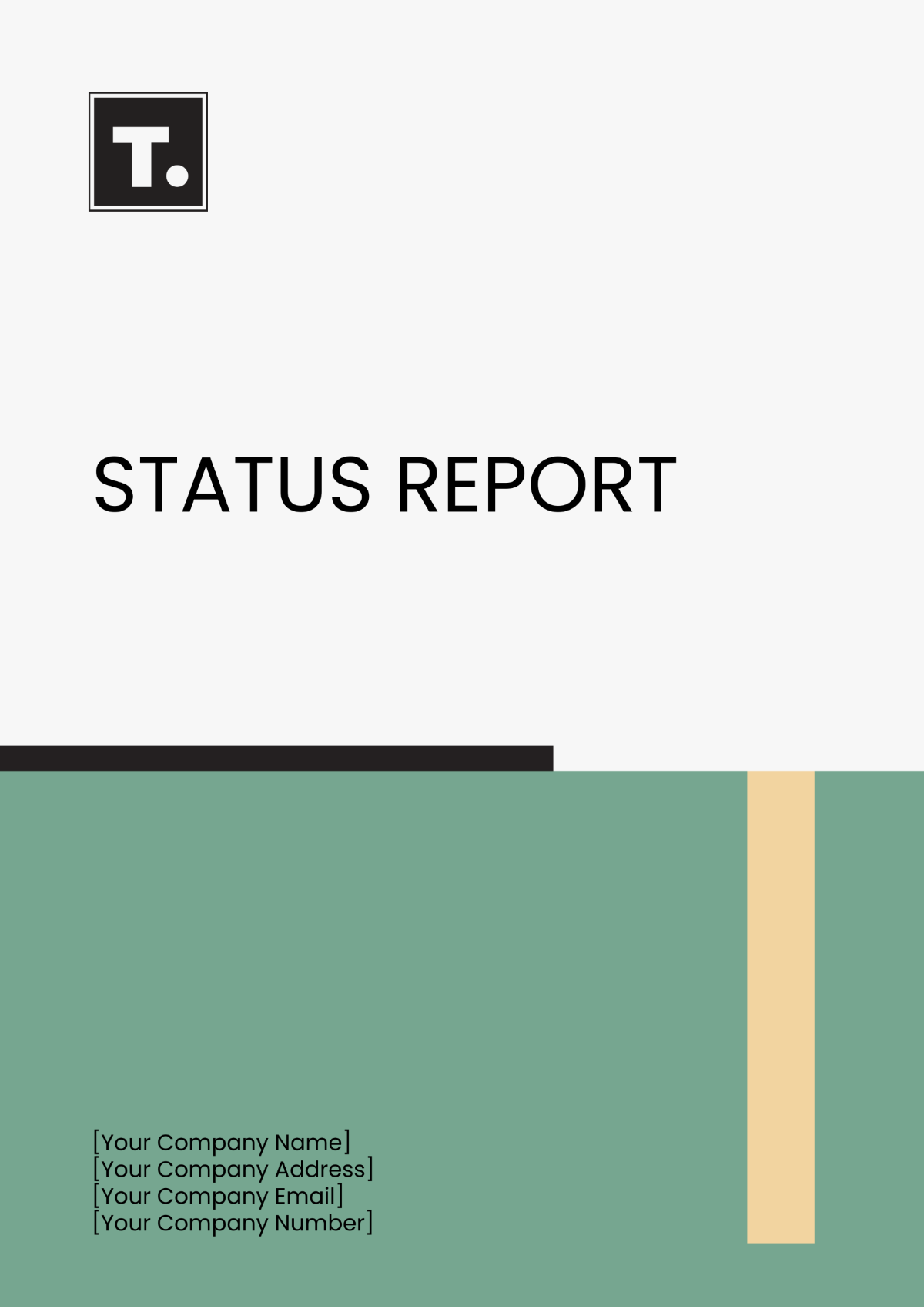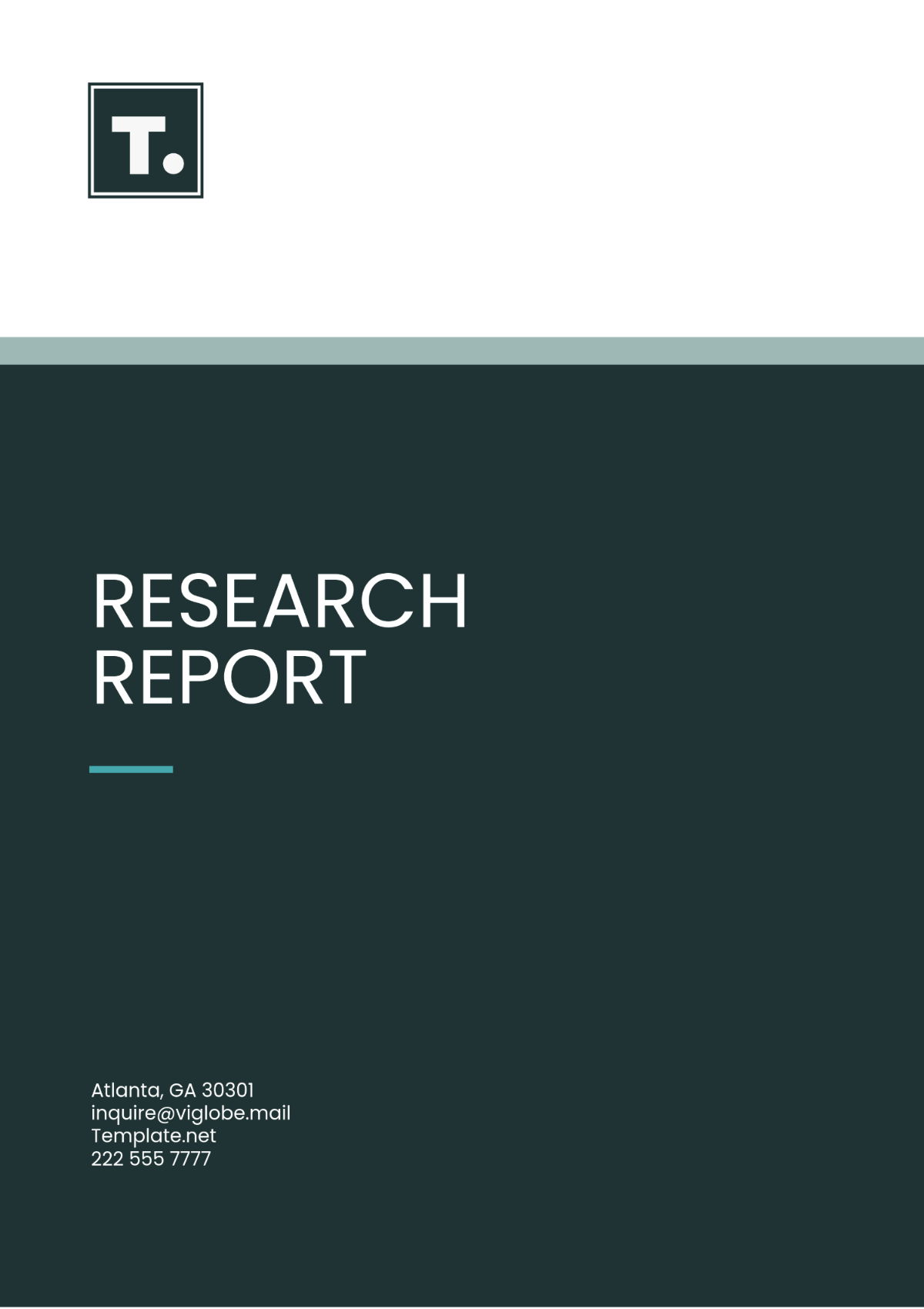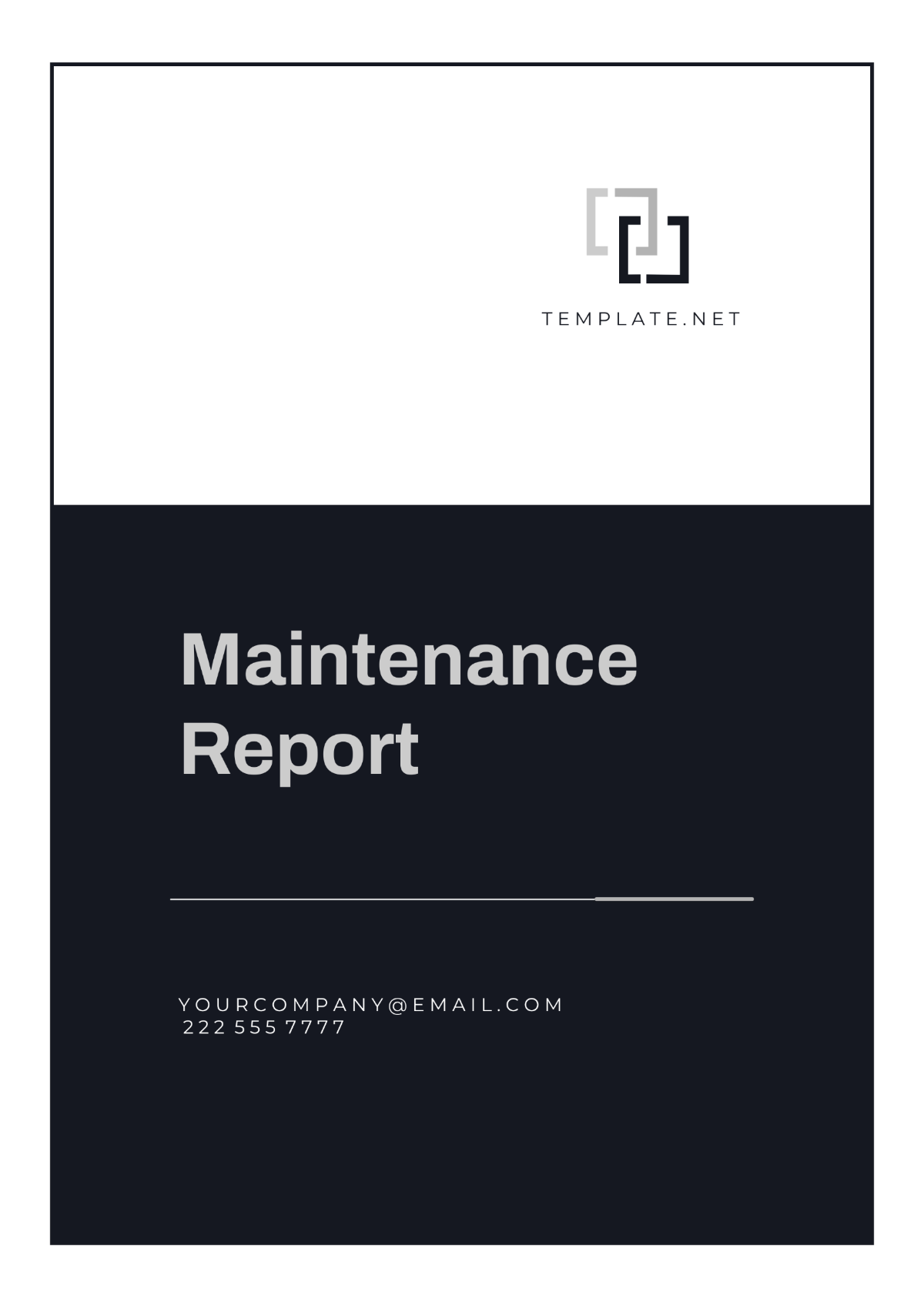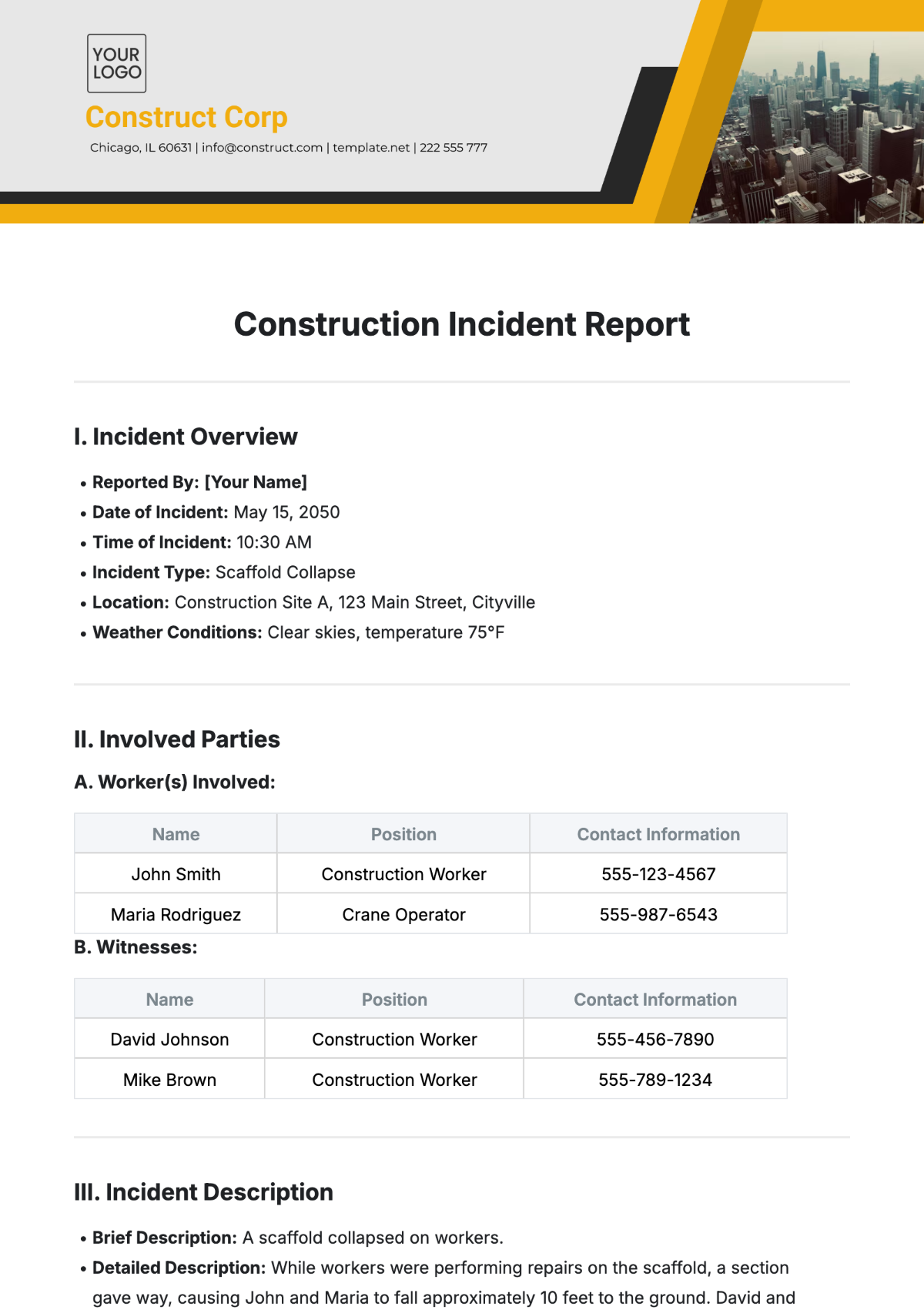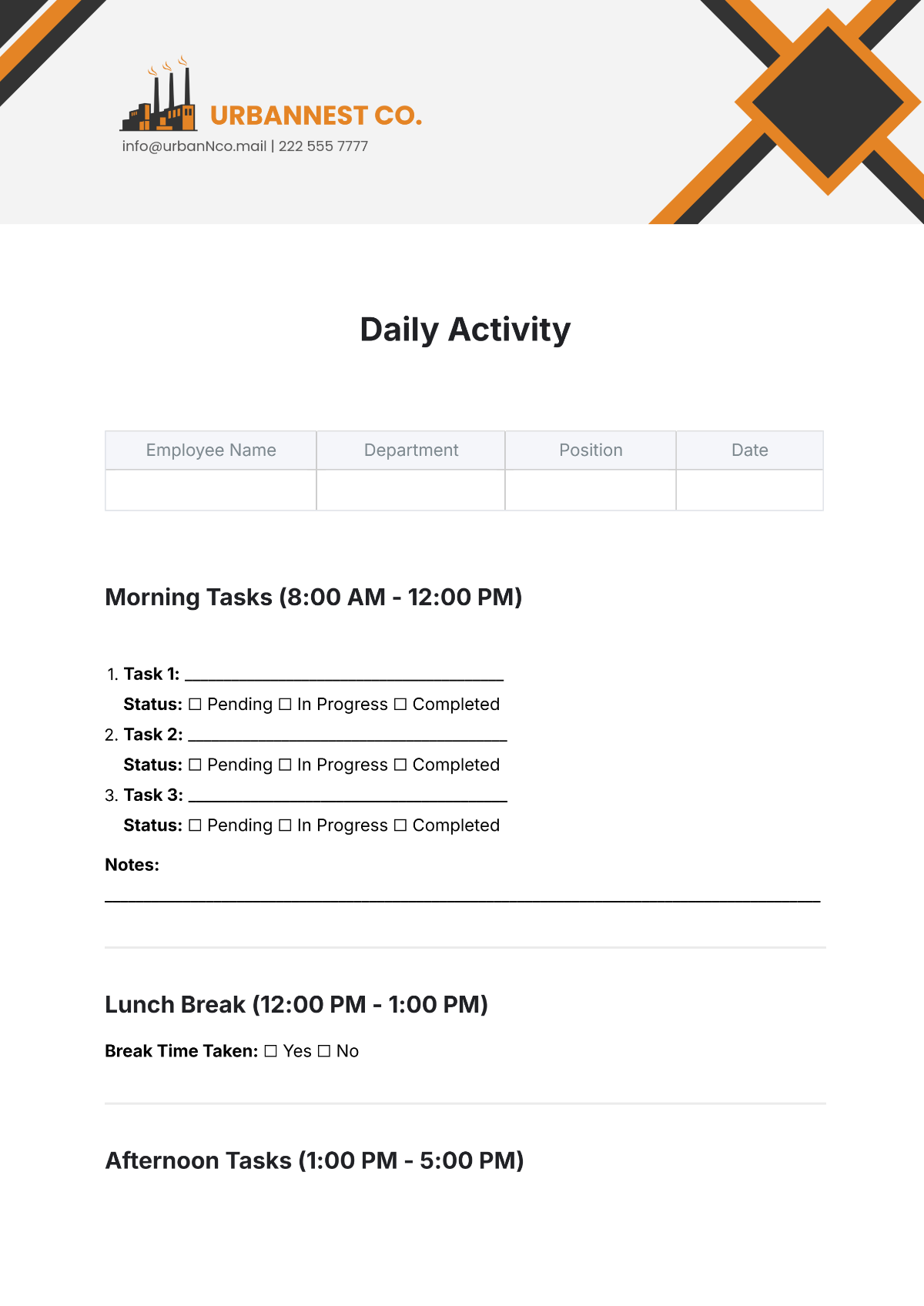Free Cyberattack Investigation Report Template
Cyberattack Investigation Report
Prepared By: [Your Name]
Company: [Your Company Name]
Date: October 5, 2053
I. Executive Summary
On September 30, 2053, our cybersecurity team identified a potential cyberattack on our corporate network. This report details the findings, methodologies, and recommendations for mitigating future threats.
II. Incident Details
A. Timeline of Events
Time | Event |
|---|---|
08:00 AM | Initial detection of suspicious activity |
08:30 AM | Confirmation of unauthorized access |
09:00 AM | The incident response team engaged |
10:00 AM | Investigation commenced |
B. Attack Vector
The attack was initiated through a phishing email that contained a malicious attachment. Once the attachment was opened, malware was installed on the victim's computer, giving the attacker unauthorized access to the network.
C. Impact Analysis
The attack primarily affected the following areas:
Data Breach: Sensitive customer data was potentially exposed.
System Downtime: Key services were interrupted for approximately 2 hours.
Financial Cost: The preliminary estimated cost of the attack is $20,000.
III. Investigation Methodology
A. Initial Detection and Containment
Our monitoring systems detected unusual activity on the network at 08:00 AM. Immediate steps were taken to contain the spread of the attack, including isolating affected systems and blocking malicious IP addresses.
B. Forensic Analysis
A thorough forensic analysis was conducted to identify the malware used in the attack and trace its origin. Key findings include:
Malware Type: Ransomware
IP Addresses Involved: Multiple IPs from Eastern Europe
Compromised Accounts: Three user accounts showed signs of unauthorized access.
C. Evidence Collection
All relevant logs, system images, and network traffic data were collected for further analysis. This evidence will be crucial for identifying the attacker and preventing similar incidents in the future.
IV. Recommendations
A. Enhancing Security Measures
Recommendations to prevent future attacks include:
Conduct regular phishing simulations to educate employees.
Implement multi-factor authentication (MFA) across all systems.
Enhance network monitoring and intrusion detection systems.
Regularly update and patch all software and systems.
B. Incident Response Plan
Update the current incident response plan to include:
Clear guidelines for the identification and immediate containment of threats.
Regular drills and training sessions for the response team.
Procedures for effective communication during and after an incident.
V. Conclusion
The cyberattack highlights the importance of robust cybersecurity measures and a proactive incident response strategy. By implementing the recommended changes, we can better prepare and protect our organization from future threats. Strengthening our defenses will not only safeguard sensitive information but also enhance our overall resilience in the face of evolving cyber threats.

